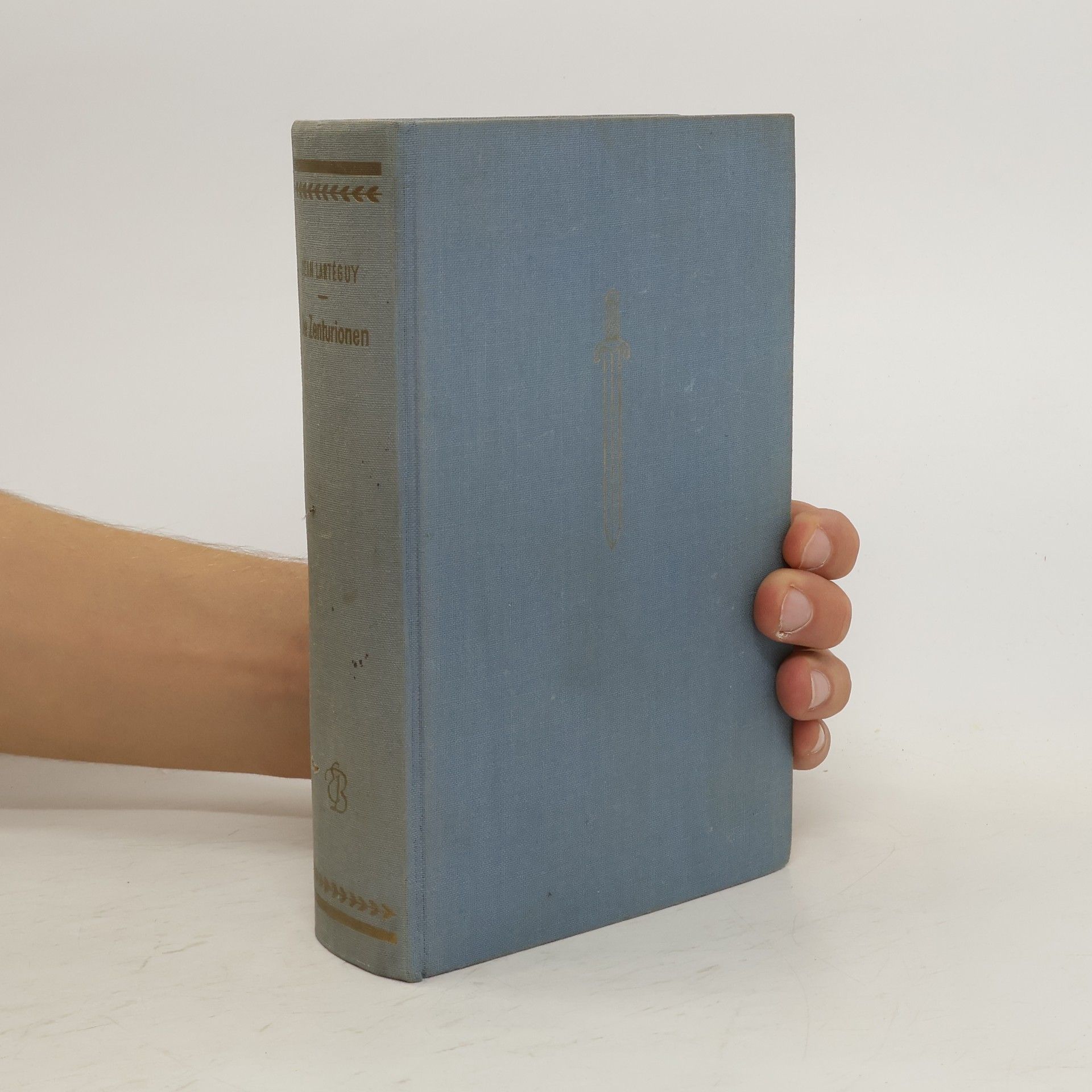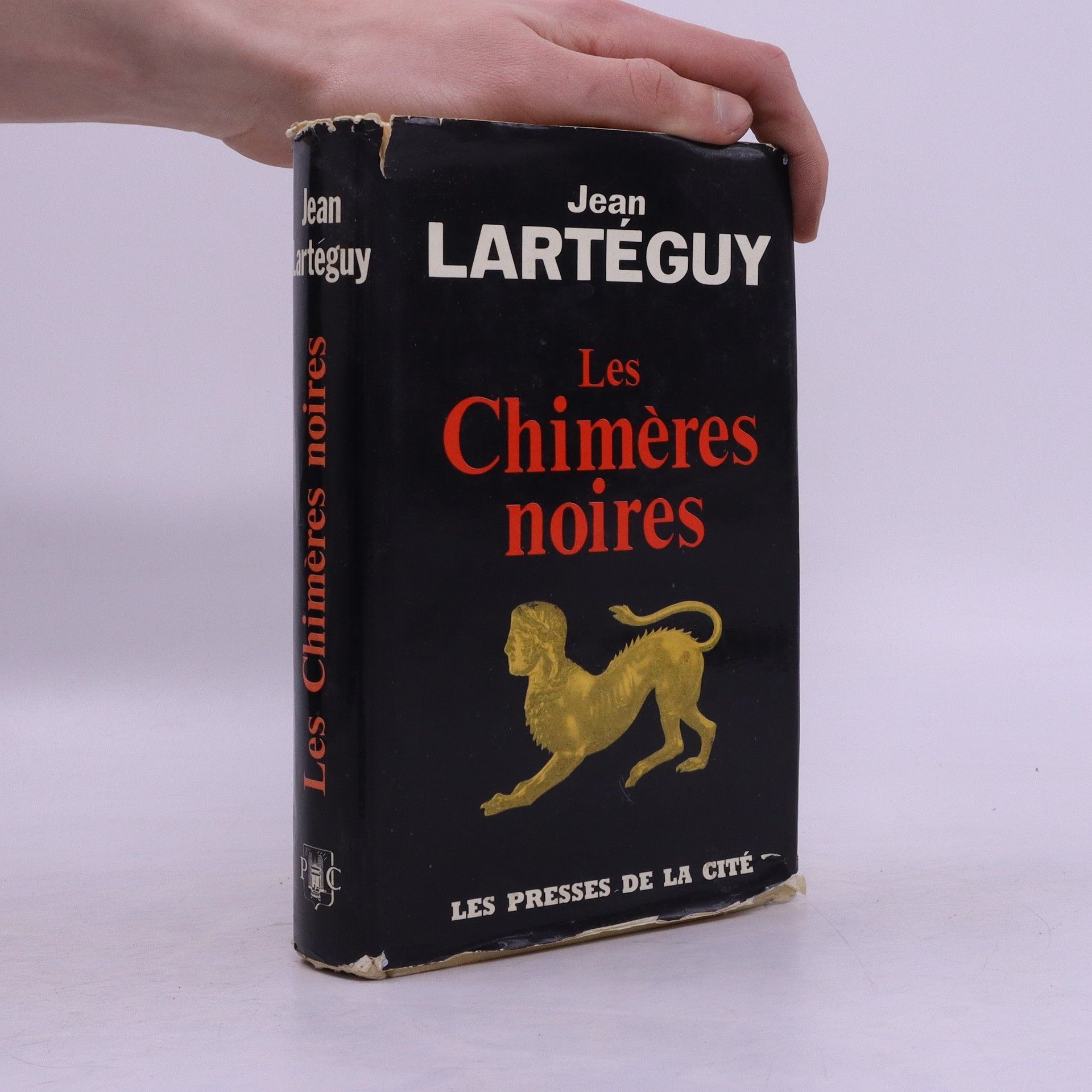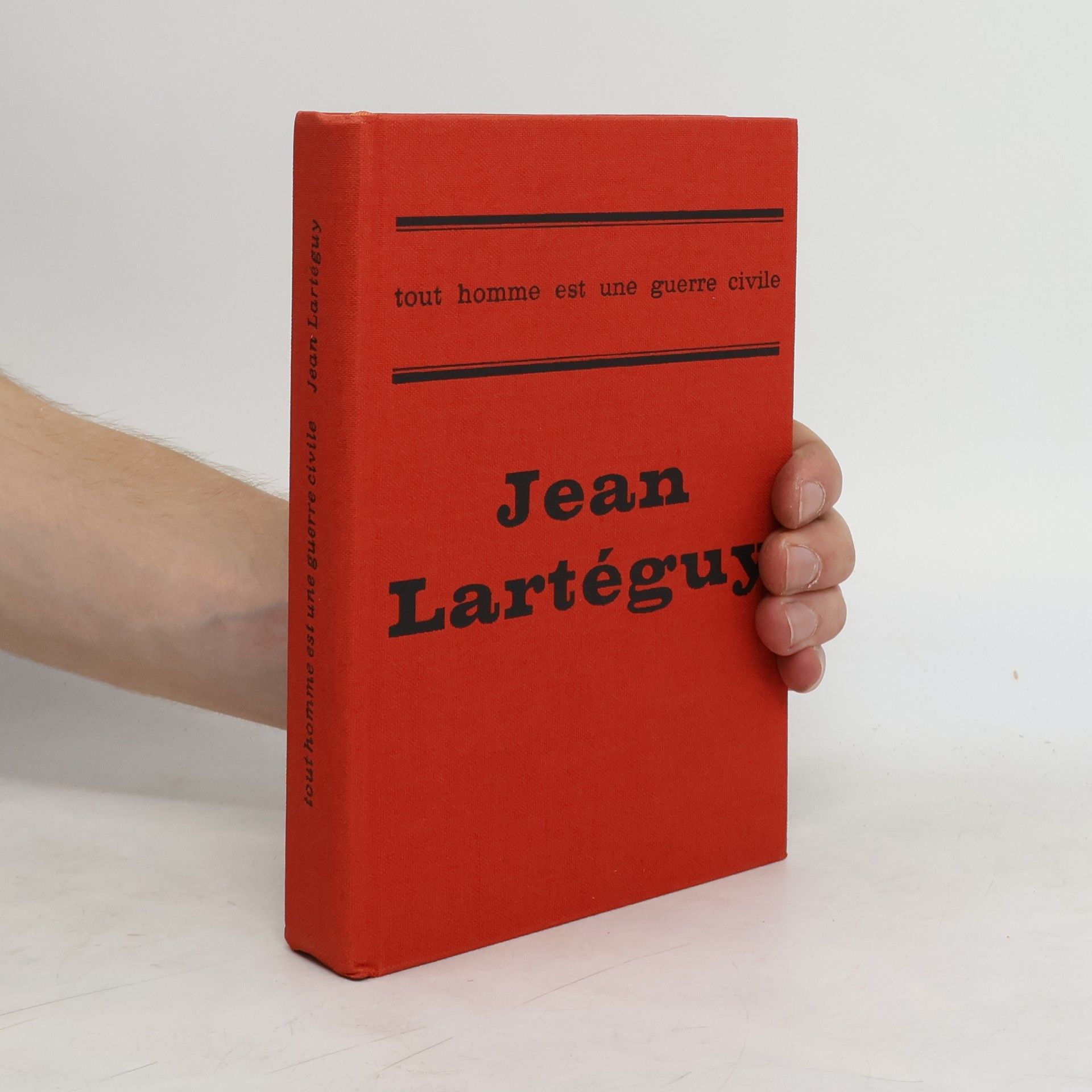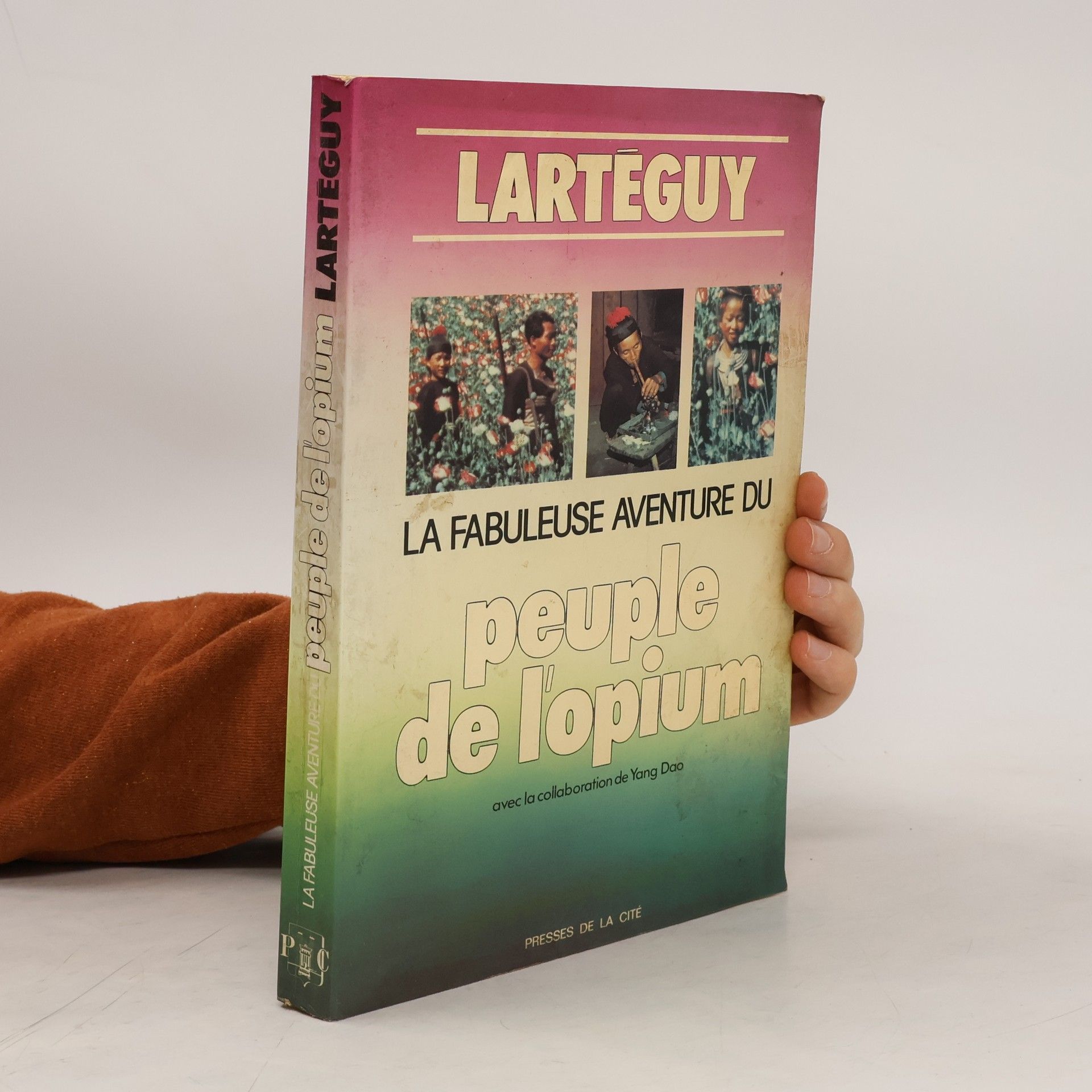La fabuleuse aventure du peuple de l'opium
- 254 pages
- 9 hours of reading
French
Lartéguy's writing is deeply marked by his extensive experiences as a soldier and war correspondent. His works explore complex themes of decolonization, nationalism, and the expansion of Communism, often offering a gritty perspective on the unglamorous reality of war. Through his novels, such as one depicting the Katanga Crisis, Lartéguy delves into the chaos of civil conflict and critiques colonialism. His writings have influenced military professionals and touch upon influential concepts like the 'ticking time bomb' scenario, which resonate in contemporary discussions.






French